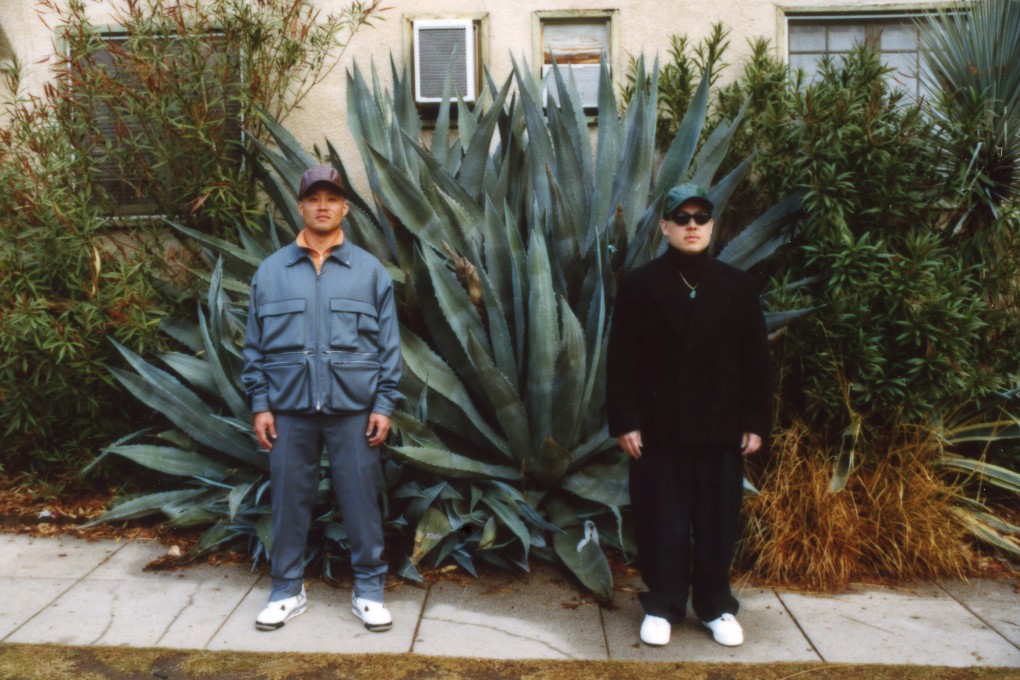Eddie Huang on racism, domestic violence and defying the Asian stereotype
- Having made his directorial debut with Boogie, the multi-talented Huang talks about the importance of authentic representation in Hollywood

Eddie Huang can lay claim to a number of accomplishments: he has written a couple of bestsellers – one of which spawned a hit television show – owned restaurants, designed clothing and helmed an edgy, investigative TV series, an episode of which saw him tossed into an Italian jail cell.
But Huang says he can count on one hand the number of times he has felt any degree of autonomy.
“Three,” says Huang, 39, who lives in Los Angeles, in the United States. “There are only three things I’ve ever really had complete control over. My restaurant Baohaus; the books I wrote; and Boogie, although that is the first time I had to learn to play with others who had control over me.”
Huang is referring to his directorial debut, released on March 5 by Focus Features, which tells the story of Alfred “Boogie” Chin, a basketball wunderkind living in Queens, New York, and his family’s quest for a college scholarship to help pave his way to the NBA.
Huang wrote the screenplay in five days with no plan or outline, but ended up incorporating the themes that have defined his life – basketball, feeling adrift in a country where he has always been in a minority, and domestic abuse.
Boogie is played by Taylor Takahashi, a 28-year-old who was working as a personal trainer and yakitori chef when the first-time director thrust a neophyte into a role that could essentially make or break his filmmaking career. But that kind of risk-taking is part of Huang’s MO. His 2013 memoir, Fresh Off the Boat, was also, in its own way, iconoclastic.